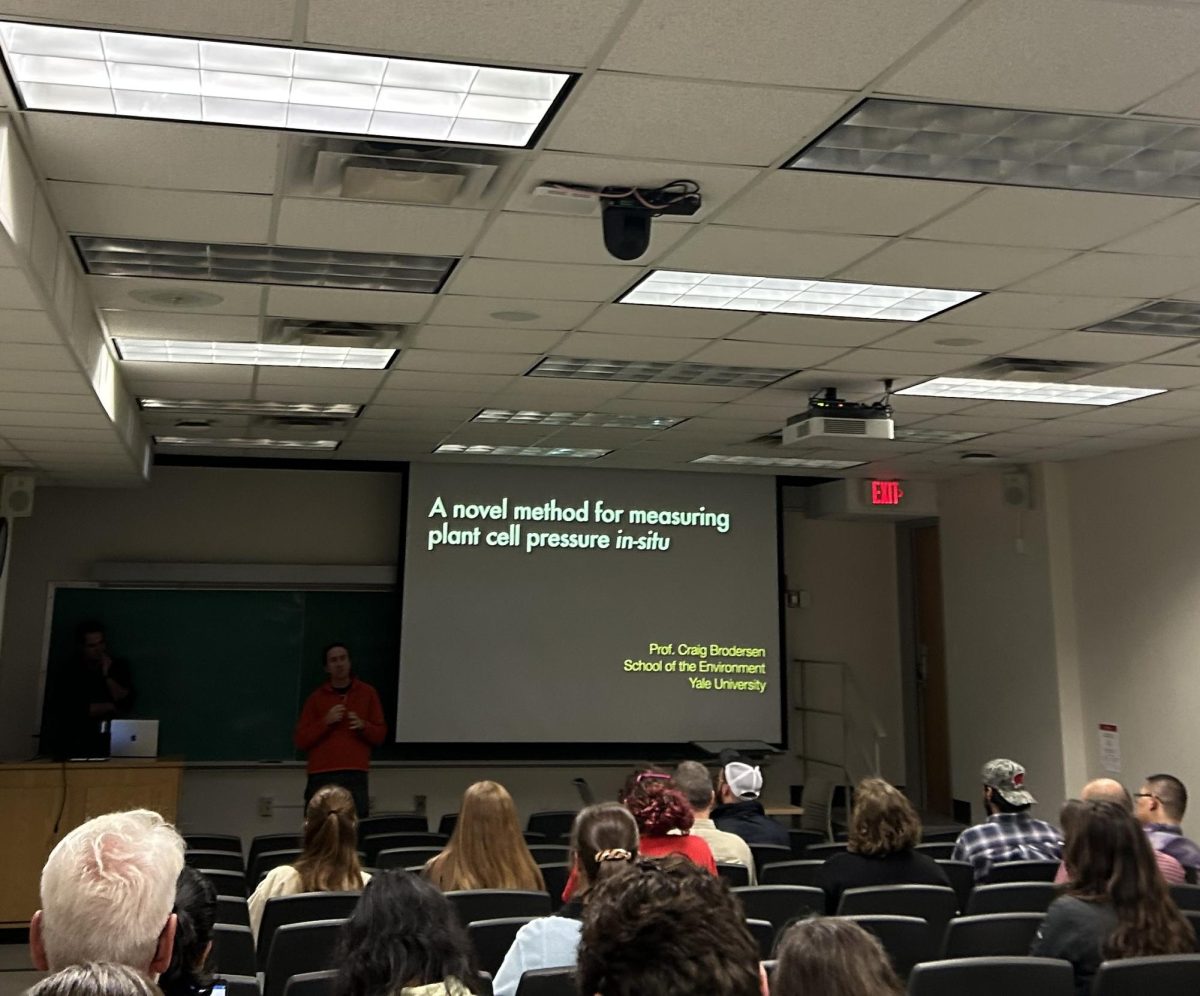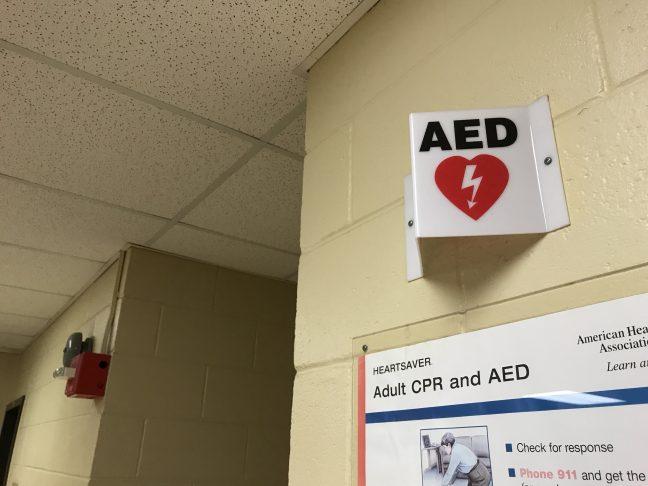With rising incarceration rates in the U.S., University of Wisconsin professor of sociology Michael Massoglia is working to understand how incarceration affects individual and community health.
Massoglia co-authored the book “Prisons and Health in the Age of Mass Incarceration,” published Sept. 30. Designated as “the first comprehensive and empirical book focused on the connection between incarceration and health” by Oxford University Press, the book examines the legal, cultural and social forces that influence the health of formerly or currently incarcerated people and their communities.
According to a report published by the Prison Policy Initiative in 2021, the U.S. has the highest incarceration rate in the world. Each state incarcerates more people per capita than any other independent democracy in the world.
Massoglia’s research focuses on the social consequences and demographic changes caused by this expansion of the penal system.
“I was sort of studying classic criminology when I was working on my PhD … and looking at some of the determinants of bad crime outcomes … and there were some neighborhood studies that looked at things like infant mortality, rates of Tuberculosis, etc.,” Massoglia said. “I just started noticing that so many of the neighborhood predictors of crime were also predictors of health.”
Botanical spots on campus work to document history, educate communities
In 1976, the Supreme Court guaranteed inmates medical care by ruling that denying medical care to incarcerated individuals infringed the Eighth Amendment of the U.S. Constitution, which protects them from cruel or unusual punishment.
According to the CDC, the growing incarcerated population is more vulnerable to health, mental health and substance abuse problems than the rest of the community. According to the Department of Health and Human Services’ Healthy People 2030, a nationwide health-promotion and disease-prevention program started by the U.S. Department of Health and Human Services, said there is a need for additional research to study the incarceration’s affect on human health and guide public health efforts toward addressing incarceration.
Massoglia said it’s challenging to understand how services can be improved for people facing incarceration since each individual’s experiences with the healthcare system in prisons is shaped by their unique and personal history.
“What your prison experience is depends a lot on what you bring into prison with you,” Massoglia said. “And the other thing to keep in mind is the huge scope of the system. It’s kind of like saying ‘what’s college going to be like?’ There’s 600,000 people coming out yearly, and so the diversity of experiences is so broad.”
Climate change negatively affects Wisconsin residents’ health
Massoglia said there is also variability in the quality of services provided to inmates at federal prisons, state prisons and local jails because they are managed by different governing authorities. This heterogeneity adds to the complexities of studying the effects of incarceration on the creation of health disparities.
Despite the multi-faceted nature of the issue, “Prisons and Health in the Age of Mass Incarceration” explores some distinctions between the health status of the incarcerated and the rest of the population. For example, a large body of evidence shows that poor mental health conditions are more common among those living under U.S. correction systems.
According to the Wisconsin Department of Corrections’ 2019-2021 budget request, 41% of the state inmates in Wisconsin suffer from mental health issues. While some of these patients enter prisons with diagnosed psychiatric disorders, others tend to develop such conditions due to the prison environment.
University of Pennsylvania sociology professor and co-author of the book Jason Schnittker specializes in medical sociology and conducts research on the relevance of social factors in determining health. Incarcerated people face poor mental health conditions even post-release because of community fragmentation and broken social ties, Schnittker said.
“There’s a stigma surrounding criminal record,” Schnittker said. “Men and women have a hard time reintegrating back in society. You are facing a lot of discrimination from other people. Some people don’t want to talk to you. They don’t want to associate with you anymore. You might have trouble with your partner, with your kids … and that adds up to poor health. It’s stressful. It’s draining.”
The Lab Report: Using social psychology to create equity in classrooms
As the proportion of prisoners in the population rises, this means the proportion of individuals that have family members in prison does, too. According to the American Academy of Family Physicians, parental incarceration increases the likelihood of drug use, antisocial behavior and poor school performance among children.
Schnittker said when someone enters the prison system it affects not only their life, but their families as well. The departure of a parent or care provider removes a source of social support, which has consequences on family members’ mental health.
“Imagine a person in your life who was providing you with time, investment in your kids, money, had a job — suddenly they are no longer there,” Schnittker said. “You don’t know when they’re going to come back.”
Massoglia and Schnittker also said while prison systems can lack certain resources, they do provide better quality healthcare to many inmates compared to what they previously had access to, especially before the Affordable Care Act. For example, they found that prisons tend to control the spread of infectious diseases like tuberculosis quite well.
Massoglia and Schnittker said there are potential areas of improvement in the existing prison healthcare system. Specifically, there needs to be a call to action for more proactivity toward dealing with psychiatric disorders and ensuring prisoners smoothly transition back into their regular lives.
“It’s not only a sort of humanitarian thing to do — it’s a good thing to do from the standpoint of social justice,” Schnittker said. “You’ve incarcerated these folks. They have paid their debts to society. Now, it behooves you to get them back into productive roles … and if you’re in poor health, that’s going to make it harder.”














